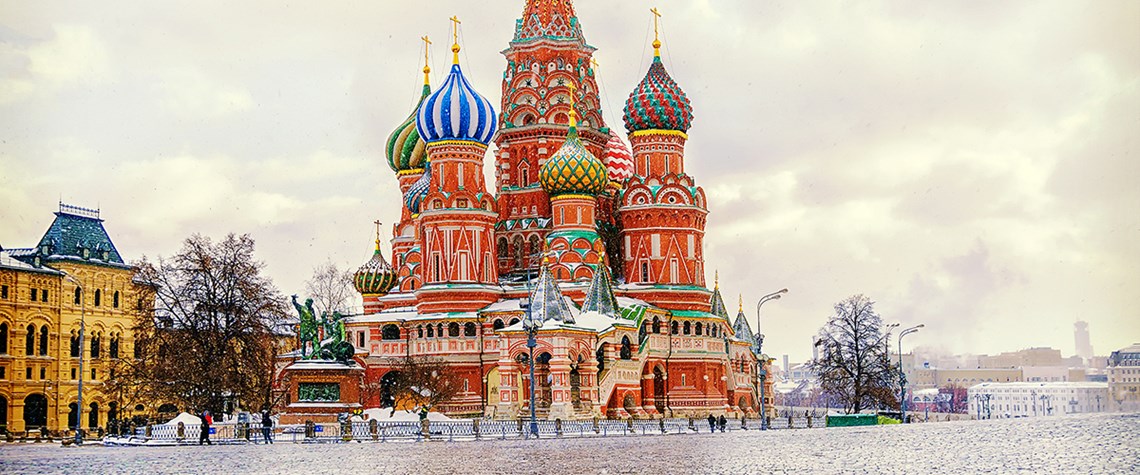23 January 2018
Opec's new partner
Russian producers grudgingly adhered to the cuts and a stronger oil price helped perk up the economy
Russia made some unusual strides in its energy strategy in 2017. After agreeing to the supply pact with Opec at the end of 2016, it came good—surprising some—on its pledge to cut 300,000 barrels a day of output. Then, as the year moved on, its relationship with Saudi Arabia deepened further, becoming a broad investment and geopolitical alliance. The unorthodoxy wasn't to everyone's taste: many of Russia's own energy majors bristled at the Opec cuts, which forced them to shelve a number of greenfield projects in Siberia. By October, after the Saudi king's visit to Moscow and deals between the countries worth $3bn were agreed, it seemed the producers would have to get used to the new state of

Also in this section
26 April 2024
While the US has been breaking records for its premium grade crude, there are doubts over whether you can have too much of a good thing
26 April 2024
Slowing demand growth and capacity expansions will squeeze refiners in coming years
25 April 2024
Some companies with assets in Israel have turned towards Egypt as tensions escalate, but others are holding firm despite rising tensions
24 April 2024
But even planned exploration activity is unlikely to reverse declining output from mature fields







